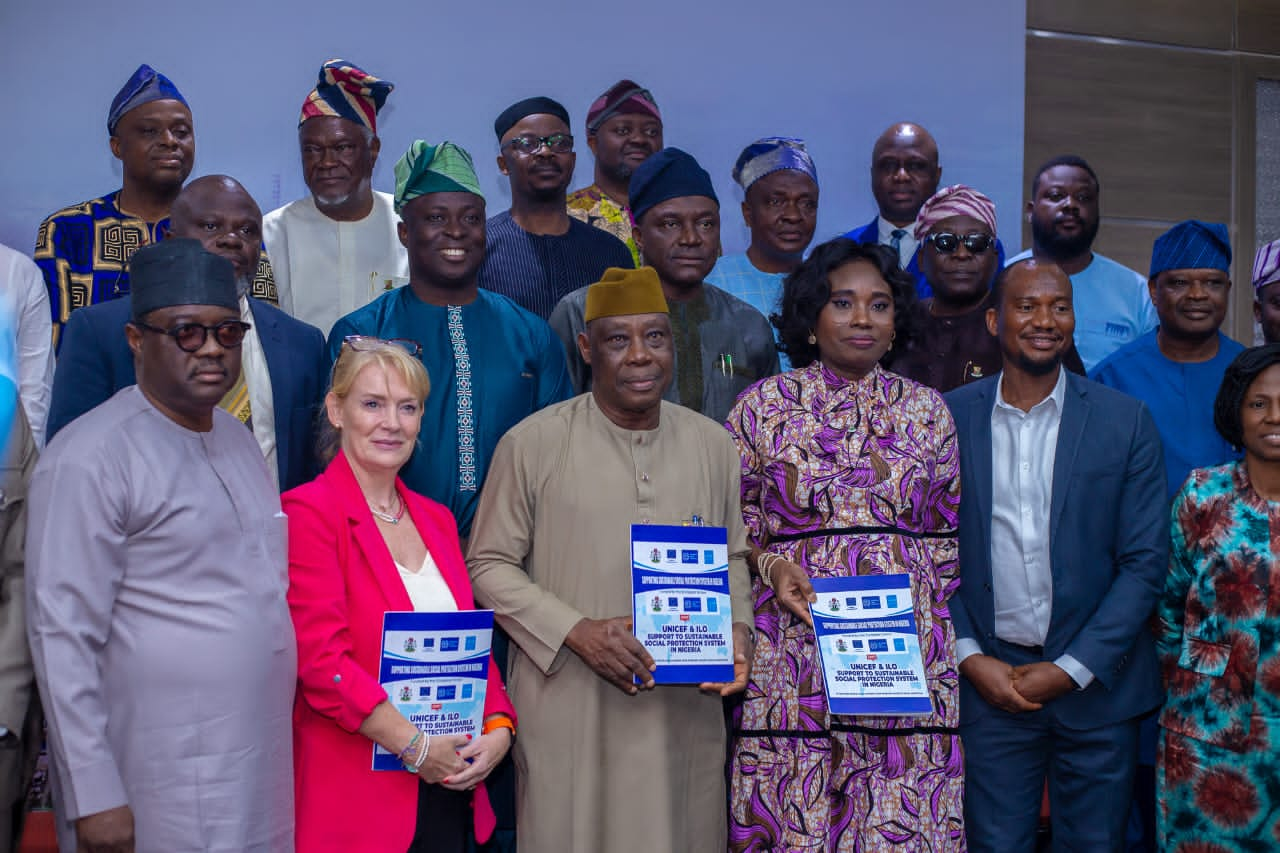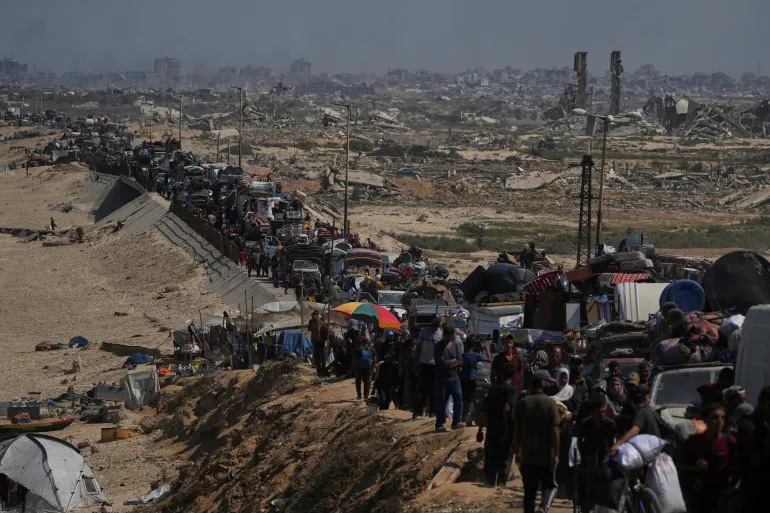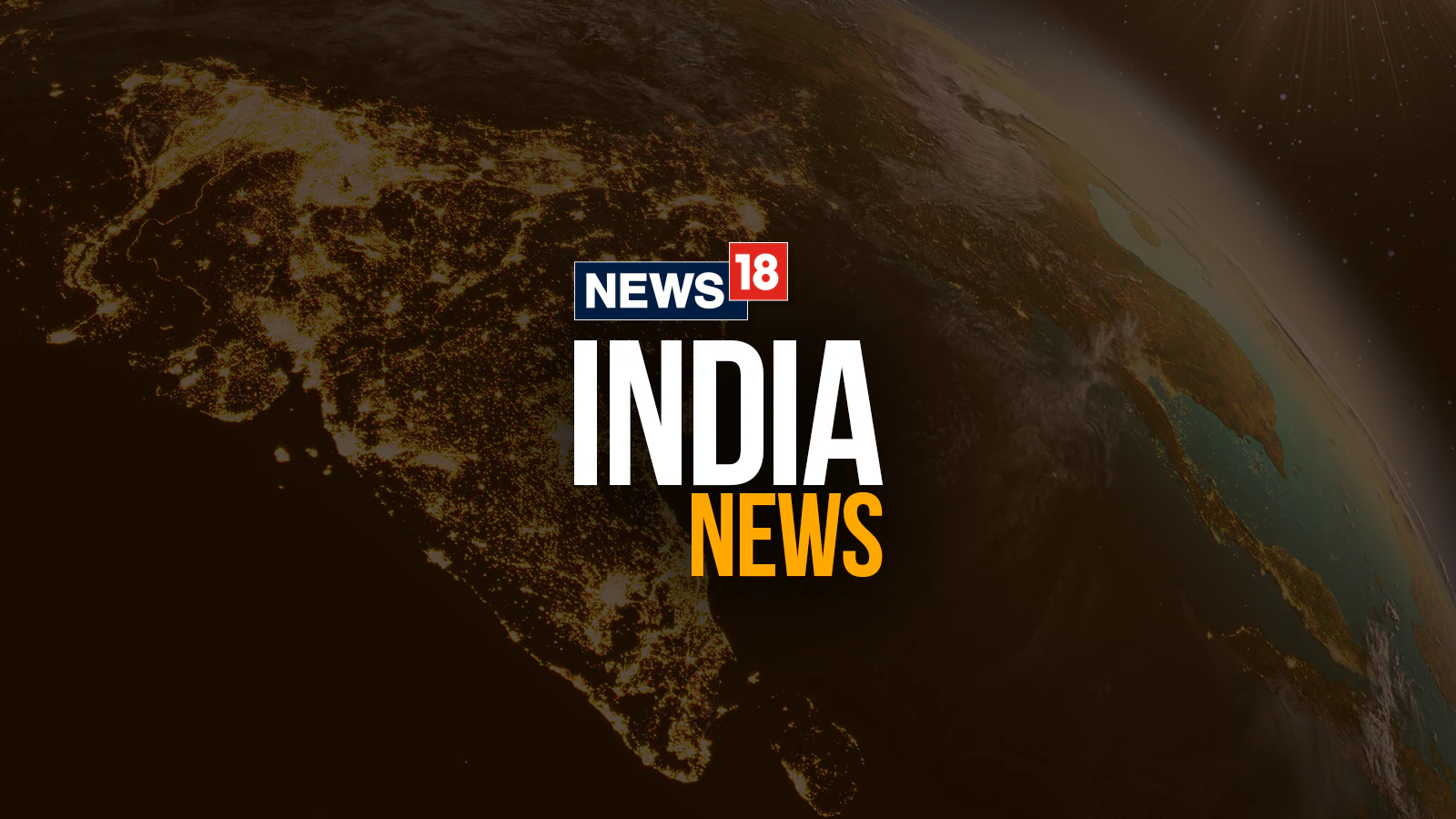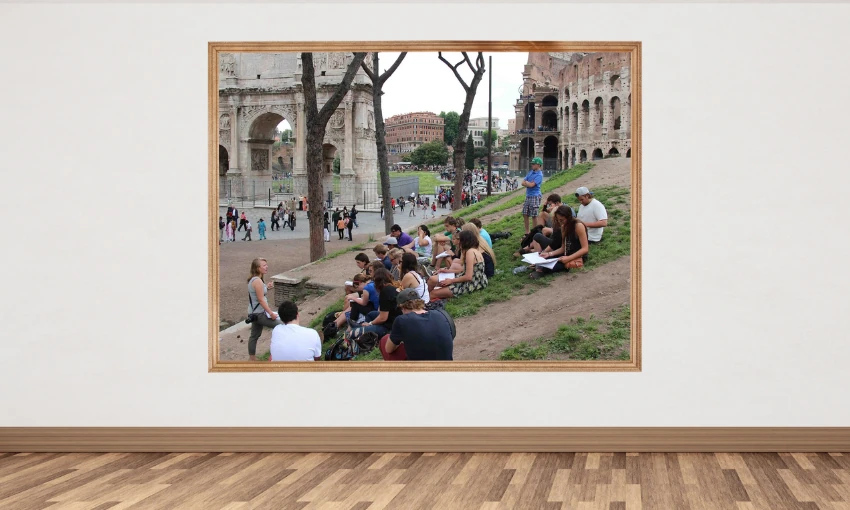UNICEF Pushes For Stronger Social Protection In Oyo To Lift Children, Families Out Of Poverty
By Appolonia Adeyemi,New Telegraph
Copyright newtelegraphng

The United Nations Children’s Fund (UNICEF) has called for urgent investments in social protection systems in Oyo State, stressing that such frameworks are not luxuries but lifelines for children, families, and communities struggling with poverty and shocks.
Speaking in Ibadan on Monday at the launch of the Supporting Sustainable Social Protection Systems in Nigeria (SUSI) project, UNICEF Chief of Lagos Field Office, Celine Lafoucriere, who represented UNICEF Nigeria Country Representative, Saeed Wafaa, underscored the critical gaps that still exist in Oyo’s social protection landscape.
“Social protection is not a luxury, but a lifeline,” Lafoucriere said. “It is the difference between a mother sending her child to school instead of the farm, families accessing healthcare without choosing between medicine and food, and communities weathering economic storms because they have systems that catch them when they fall.”
The SUSI project is jointly implemented by UNICEF and the International Labour Organisation (ILO) with funding from the European Union.
UNICEF commended the Oyo State Government for the steps already taken, including the adoption of a Social Protection Policy, creation of a Social Protection Coordination Department, drafting of a Social Protection Bill, and programs such as free basic education, the home-grown school feeding initiative, and the Oyo State Health Insurance Scheme.
“These represent hope, and a pathway to ensuring that children and other vulnerable populations in Oyo State are cared for and protected,” Lafoucriere noted.
Despite progress, UNICEF pointed out troubling figures. Nearly 48.7 per cent of Oyo State’s population and a staggering 72.7 per cent of children aged 0–17 remain multidimensionally poor. Yet, only 11 per cent of poor and vulnerable residents are captured in the social registry, and just 2 per cent of the population receives any form of social assistance.
“These numbers tell us that too many families are left behind. The urgency for improved investment in social protection is now,” Lafoucriere stressed.
The newly launched SUSI project, a joint initiative of UNICEF and the International Labour Organisation (ILO) with funding from the European Union (EU), is designed to help governments expand and accelerate social protection coverage.
“What excites me most about this project is that it is not just about systems and structures,” Lafoucriere explained. “It is about enhancing Oyo State’s shock-responsiveness capabilities, reinforcing policy frameworks, and integrating financial mechanisms into state budgets and planning efforts in sustainable and scalable ways.”
To bridge the existing gaps, UNICEF emphasised several priorities, including building stronger institutional frameworks to coordinate social protection interventions; expanding coverage so that more children, women, the elderly, and persons with disabilities benefit; and strengthening the social registry to better identify and include vulnerable households.
Others are capacity building for key stakeholders to ensure effective planning and implementation, and building partnerships and coordination with development partners to pool resources and expertise.
“The road ahead will require dedication, coordination, and continuous learning,” Lafoucriere said. “But I have confidence in what we can achieve together.”
UNICEF pledged its continued support to Oyo State in designing and scaling up a robust social protection system. With strengthened governance, better financing, and inclusive programs, the organisation believes Oyo can protect its most vulnerable citizens and build resilience against economic and social shocks.
“As we launch this program today, I want us to always remember that every child in Oyo State deserves to grow up safe and protected. Every family deserves access to the services they need to live with dignity, and every community deserves systems that help them when times get tough,” Lafoucriere concluded.
With the SUSI project now underway, stakeholders expressed optimism that Oyo State can become a model for sustainable social protection in Nigeria—transforming poverty statistics into a story of resilience, inclusion, and shared progress.
Muhammad Okorie, programme and social policy manager for UNICEF, said UNICEF had worked with government agencies to identify poor and vulnerable households, making them traceable and captured in the social register.
“We need to increase the number of households on the state social register. By the end of 2026, we expect that an additional 250,000 households would have been included,” Okorie said.
He added that the register would be interoperable, allowing ministries, departments, agencies, and partners to access it to reach those who need services.
Launching the project, Adebayo Lawal, the acting governor of Oyo State, said the initiative would provide a modernised social protection management information system interoperable across relevant agencies.
Lawal added that collaboration with UNICEF, the EU, and the ILO would help reduce poverty in the state. “With the continued support of the European Union and other development partners, we are confident that we will achieve greater progress in deepening social inclusion and building human resilience,” he said.
Lawal called on stakeholders, civil society organisations, the private sector, and citizens to unite in advancing the initiative’s objectives



